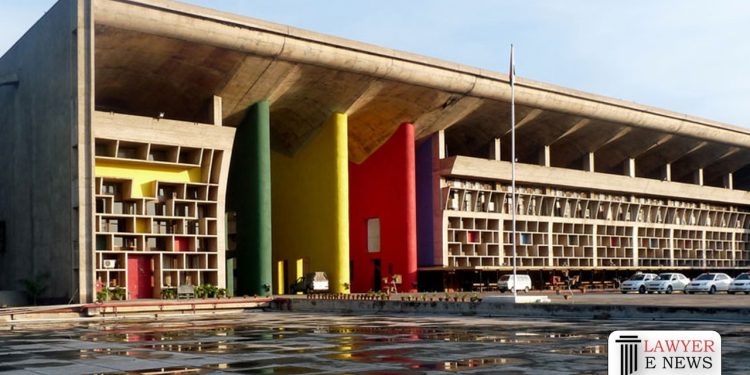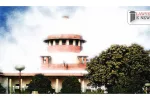Punjab and Haryana High Court Sets Aside Non Bailable Warrants, Emphasizes Procedural Safeguards in Issuing Non-Bailable Warrants and Forfeiture of Surety Bonds

In a significant ruling, the Punjab and Haryana High Court, in a recent judgment has set aside the orders passed by the trial court, highlighting the importance of adhering to procedural safeguards while issuing non-bailable warrants and forfeiting surety bonds. The case involved the issuance of a proclamation under Section 82 of the Code of Criminal Procedure (CrPC) and the subsequent forfeiture of the accused’s surety bonds under Section 446 of the CrPC.
The court’s decision focused on the requirement of the trial court to satisfy itself and provide valid reasons before issuing a proclamation against an accused. It emphasized that the mere absence of the accused on a single court date does not warrant the immediate issuance of non-bailable warrants. The court stressed that procedural safeguards and principles of natural justice must be diligently followed, and accused individuals should be given the opportunity to explain their non-appearance before any adverse orders are passed. The court also underlined the need for the trial court to record its satisfaction regarding the accused’s willful evasion of arrest and the inability to execute warrants.
Furthermore, the court addressed the forfeiture of surety bonds, stating that the trial court should not cancel bail without granting notice to the accused and providing them with an opportunity to show cause for their non-appearance. It reiterated that compliance with the conditions of the bail bond is essential before forfeiting the bond. The court observed that the absence of the accused on a single court date alone does not automatically signify a breach of the bail conditions. The court also highlighted the importance of the accused’s past behavior and its relevance to determining satisfaction under the relevant provisions of the CrPC.
The judgment emphasized that the issuance of non-bailable warrants should not be routine and that other means of securing the accused’s presence should be exhausted before resorting to such measures. It underscored the need for courts to exercise caution before issuing non-bailable warrants, as they infringe upon personal liberty. The court further highlighted the mandatory compliance with procedural safeguards, emphasizing that the prescribed procedure and statutory provisions must be followed.
The court’s ruling aligns with previous decisions by higher courts that emphasize the significance of adhering to procedural safeguards and the careful consideration of facts before issuing non-bailable warrants. The judgment also emphasized the constitutional right of the accused to be heard and the adherence to principles of natural justice.
Punjab and Haryana High Court allowed the petition and set aside the impugned orders passed by the trial court. The court directed the petitioner to appear before the trial court on or before 03/07/2023, upon which the trial court is instructed to admit the petitioner to bail upon furnishing fresh bail bonds. Additionally, the petitioner was ordered to pay costs of Rs.10,000/- for wasting the valuable time and process of the court, which will be paid to the District Legal Services Authority, Amritsar.
This judgment serves as a reminder to trial courts to carefully consider the accused’s presence, procedural safeguards, and principles of natural justice while dealing with matters of non-appearance and the forfeiture of surety bonds.
Date of Decision: 22.05.2023
Major Singh@ Major vs State of Punjab – Respondent





